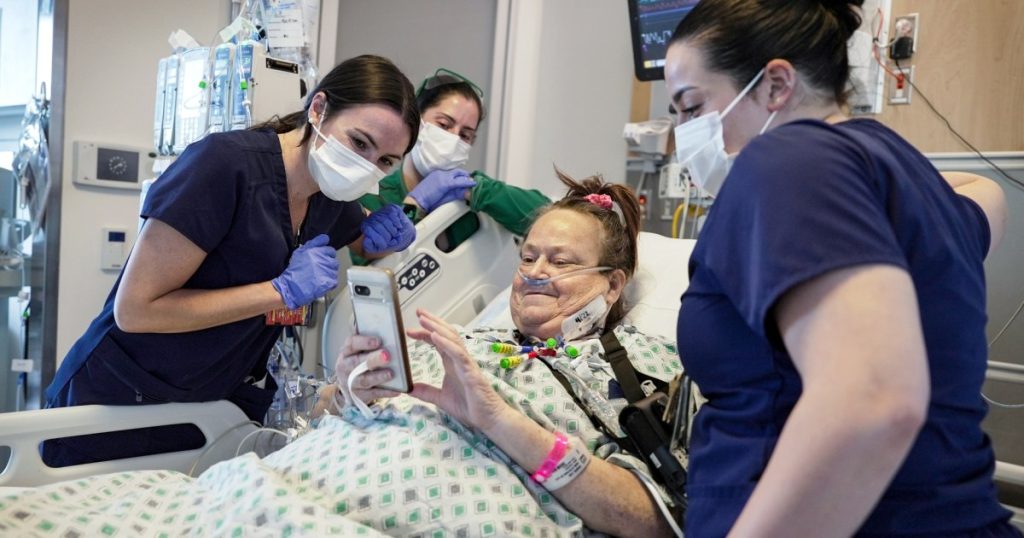Lisa Pisano, a woman who received a pig kidney transplant, has been placed back on dialysis after surgeons had to remove the failing organ just 47 days after the initial transplant. Pisano was the second person to receive a kidney from a gene-edited pig, and she is stable after the operation to remove the organ. The first patient to receive a pig kidney transplant, Richard “Rick” Slayman, died almost two months after his transplant, but doctors stated that his death was not a result of the experimental procedure. Pisano had a mechanical pump implanted to keep her heart beating and then received the pig kidney in a dramatic pair of surgeries in April, but unique challenges made it difficult to manage both the heart pump and new kidney.
While Pisano initially appeared to be recovering well, her blood pressure dropped too low multiple times, resulting in suboptimal blood flow to the kidney. The kidney lost function, and doctors were unable to continue immune-suppressing medications. A kidney biopsy showed no signs of rejection, but significant injury was present from insufficient blood flow. Further studies on the explanted kidney will provide insight into how it reacted inside a living person. Pisano was not eligible for a life-prolonging heart pump while on dialysis, and her heart disease prevented a traditional kidney transplant. The hope is to get Pisano back home to her family soon, as her strength and bravery inspire and drive the pursuit of xenotransplantation.
More than 100,000 people in the U.S. are on the transplant waiting list, with a majority in need of a kidney. Thousands of people die while waiting for a transplant, prompting efforts to fill the shortage of donor organs through genetically modifying pig organs to be more humanlike and less likely to be rejected by the immune system. Formal studies on these modified organs are anticipated to begin next year, while research teams have conducted temporary transplants of pig kidneys and hearts into brain-dead bodies with promising results. In addition to the experiment at Mass General, the University of Maryland performed pig heart transplants on two men with no other options, both of whom died within months of the procedure.
The challenges faced in xenotransplantation, such as the difficulties in managing a heart pump and new kidney simultaneously, present obstacles that need to be overcome in order to successfully transplant pig organs into humans. However, the potential benefits of using genetically modified pig organs to alleviate the shortage of donor organs and save lives are significant. Lisa Pisano’s experience highlights the importance of ongoing research and development in xenotransplantation, as well as the need for innovative solutions to address the organ shortage crisis. The hope is that continued advancements in this field will provide much-needed options for those awaiting life-saving transplants.


